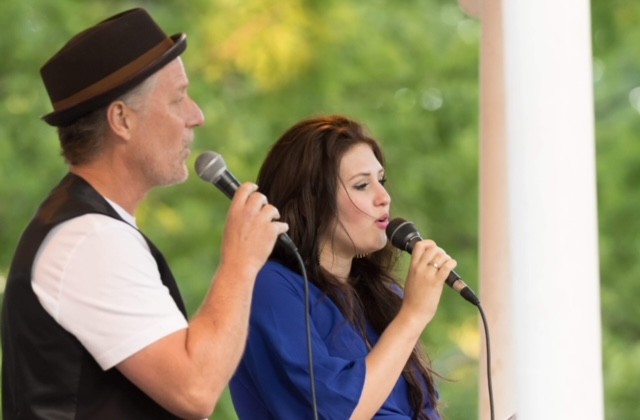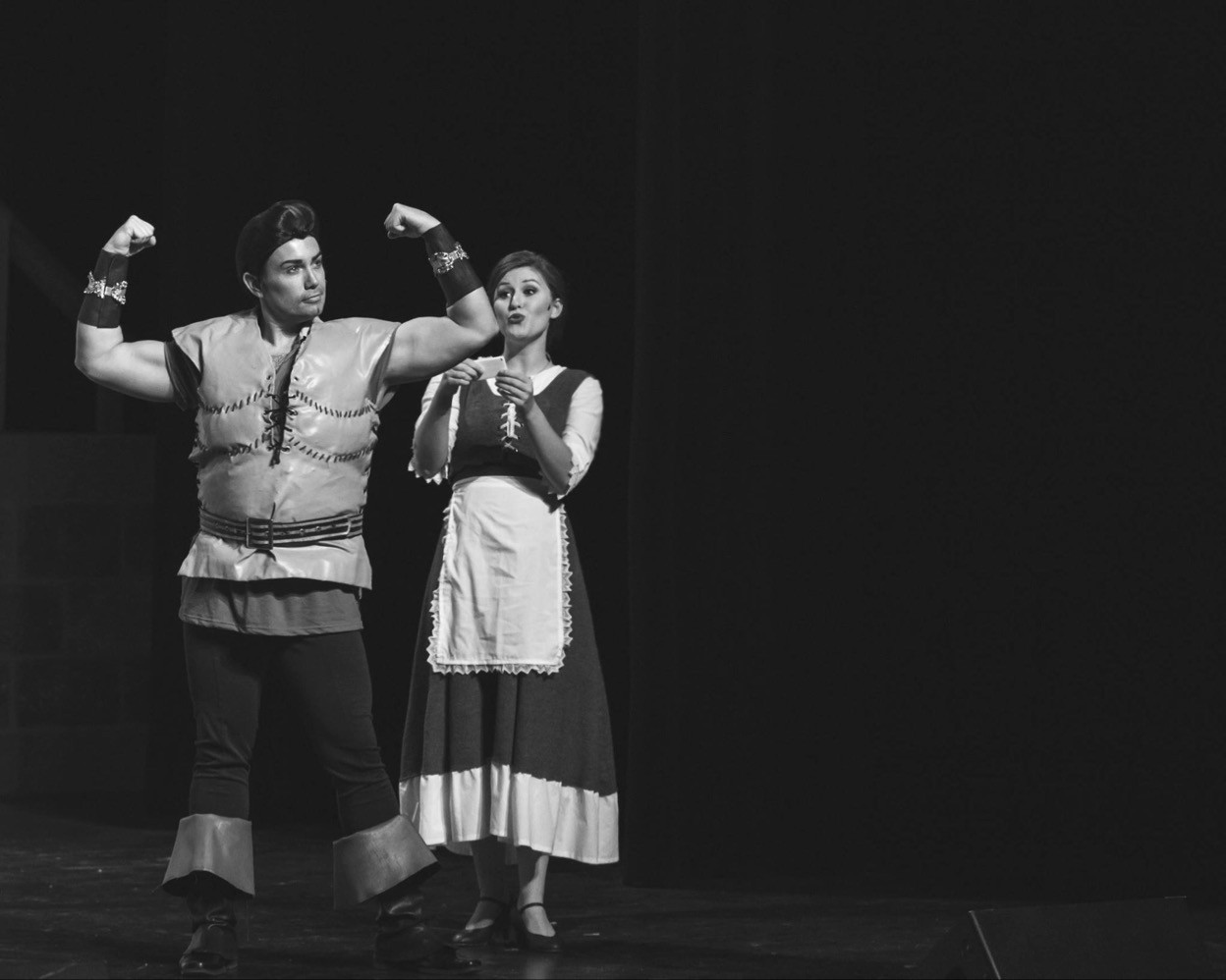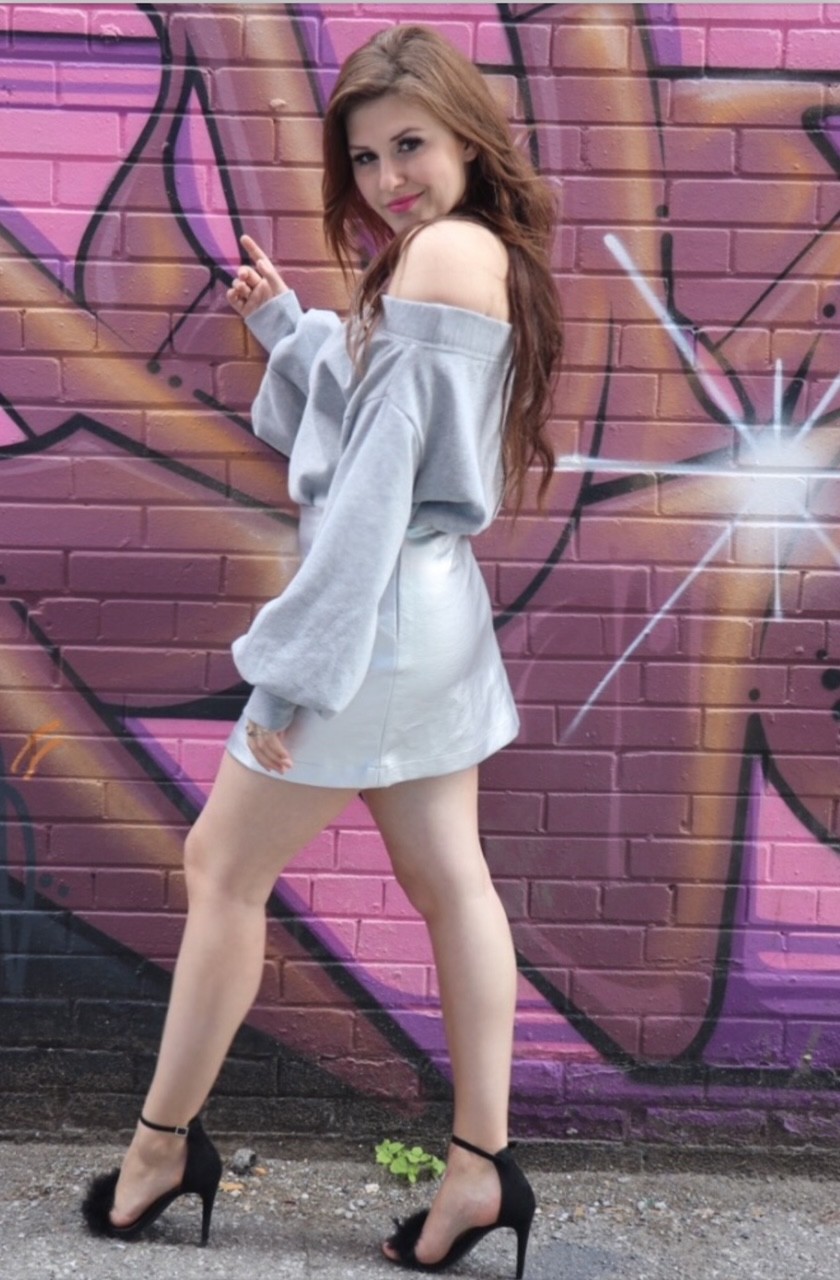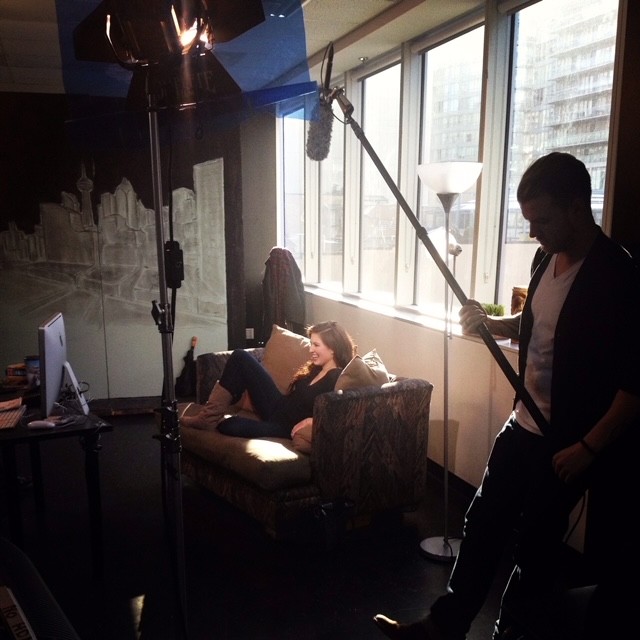We caught up with the brilliant and insightful Emalie Forsyth a few weeks ago and have shared our conversation below.
Alright, Emalie thanks for taking the time to share your stories and insights with us today. I’m sure there have been days where the challenges of being an artist or creative force you to think about what it would be like to just have a regular job. When’s the last time you felt that way? Did you have any insights from the experience?
This is such a poignant question, and one that I believe every creative asks themselves along the way. As with all things in life, there is a duality and while my experience as an artist and creative has been deeply rewarding, there have absolutely been moments when I desperately wished I wanted to do literally anything else as a career. I remember growing up and feeling so grateful that I knew exactly what I wanted to be and do with my life, but as I’ve gotten older, I’ve had many moments where this path felt too hard or painful and I wanted to step away, but no matter what I couldn’t shake it. I had a teacher in film school who said “if you can see yourself doing anything else, then do it, because this job is too hard”. That really stuck with me, and yes this job can definitely be difficult, but so can any other job. I think for me, having experienced the temptation to walk away and do something else, has only enriched my experience and made me that much more grateful to be able to pursue this path.



Awesome – so before we get into the rest of our questions, can you briefly introduce yourself to our readers.
Hello! My name is Emalie Forsyth, and I’m an actor/personal development coach located in Toronto, Canada. I grew up in a small city with a heavy rural influence, so actors were something you only saw on TV, and the opportunity to perform wasn’t very abundant but I like to believe I have been performing all my life. As a small child I did summer camp productions, and through the years I started performing in plays and musicals at school and in my community. After high school I attended university to study Psychology (per my parents request) but I knew I wanted to pursue acting for real. So I made the switch and enrolled in Toronto Film School. I spent those first years really learning the craft and understanding the business of acting and all it entails. From there I was able to enter the industry on a professional level, getting an agent and doing various film productions and theatre work. As actors we are always learning, whether it’s in class, on the job, or even in life, just studying the world and people around us. It’s not like other careers where you graduate and land a job and you’re set. It takes a lot of time, curiosity and experimenting to hone your craft and build your technique- which is unique to each actor. In my own endless pursuit of learning, I’ve also completed my life coaching certification and received a diploma from the Transformational Arts College, which focuses on holistic personal development and spiritual arts. These modalities and my interest in psychology have provided me with an understanding of people and human nature that is invaluable as an actor. While acting is how I choose to live out my passion, I find deep purpose in sharing this knowledge of personal development so it may help others, particularly other actors who may be struggling to navigate life on this career path.


We often hear about learning lessons – but just as important is unlearning lessons. Have you ever had to unlearn a lesson?
No matter what field of study, I’ve realized that the more I learn, the more I have to unlearn. One of the biggest, most important lessons I had to [un]learn was that my value as a person was not determined by how much I achieve. I think as a society we are told otherwise, and so collectively this concept is deeply ingrained in us. I struggled with this enormously as an actor whenever I didn’t book a role, or if I was having a dry spell and auditions just weren’t coming in. The nature of this industry is inconsistent and while I knew that, it was hard to separate myself from the work. I often would (and sometimes still do) take the rejection very personally and would deem myself as unworthy, untalented, delusional etc. It doesn’t take long for that negative self talk to spill into every other area of your life too. I identified so entirely with being an actor, that I left very little room for anything else, and in turn, if I wasn’t successful in my career, then I wasn’t successful in my life. I was failure. It was through the Transformational Arts College I began to really learn about this and see that acting is something I do, but it’s not all that I am. It was through my studies there, and in conjunction with therapy that I have been able to unlearn this, and apply it to my life. Much to my great relief.


How can we best help foster a strong, supportive environment for artists and creatives?
To me, support begins with acceptance, followed up by encouragement. If we can accept the creative arts as a viable and sufficient career path, and then actually encourage people to pursue their desires, I believe this would create a significant collective impact. For so long creative arts and their artists have fallen on two ends of the spectrum- either they’re hobbies to not be taken seriously, or they’re a master/masterpiece within the 1% unlikely to be experienced again. This logic is discouraging and those daring to take the chance anyway are often met with skepticism. However, we experience the work of creatives everywhere we go, in so many varying mediums. And we’ve seen how the arts have longevity and staying power. I think an incredible testament to the impact of the arts comes from the Covid-19 pandemic, because when everything was shut down, what did we turn to? The arts. We sought comfort and entertainment, and many of us relied on the company of casts on TV shows- actors who have more than likely been told they should pursue a more “practical” career. Aren’t we so glad they didn’t?
Contact Info:
- Instagram: @emalieforsyth


